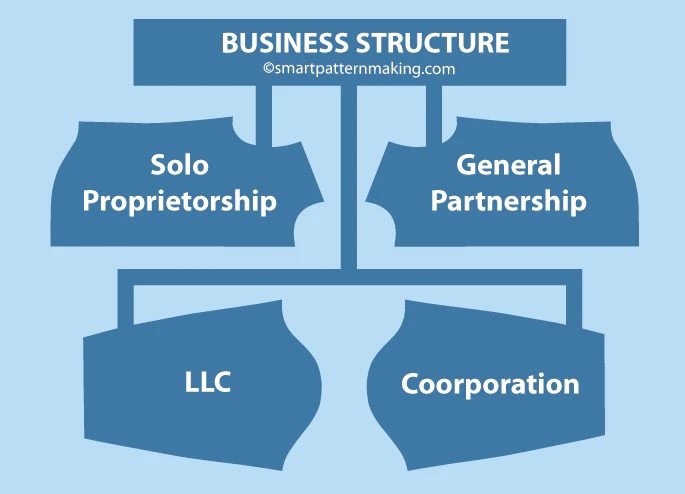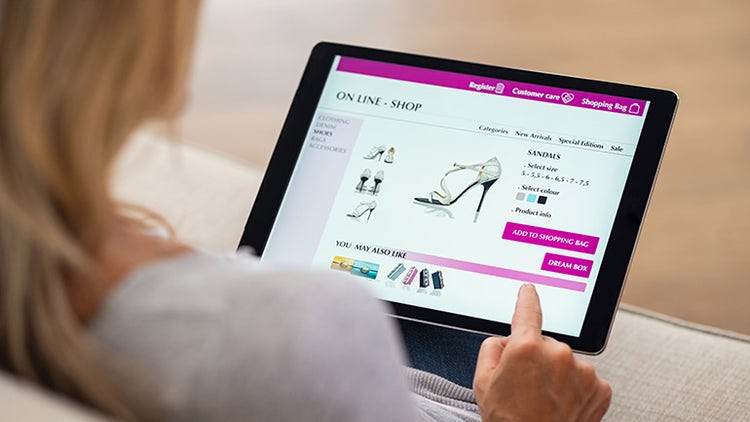Starting an online business requires as much effort as starting a traditional business, with some unique steps. There are many important decisions you need to be made, like What should you sell? Who should you sell to? How will you attract customers? There are a variety of online businesses you can start any one of them like you can create a website, sign up for an account on an online store like Amazon, eBay, or Etsy, sell your online services, and much more. Since starting an online business can incorporate both physical and digital goods and services, so, you must put in a lot more effort if you want to set up it for success.
How To Start an Online Business?
Do you know how to start an online business? starting an online business is simpler than compared a physical business, and it requires little money to start. You should find products or services that you can sell for a long period to ensure sustainability. In this article, we’ll talk about how to start an online business.
Figure Out Your Niche and Business idea:

If you want to start a successful online business, first of all, you need to find a business idea. Before devoting your time and energy to starting a business, determine if it is possible and what potential customers are interested in. you need to conduct market research on a potential niche market and the successful online businesses already operating in it. Market research helps you identify information about your target market and customers. You can also discover the needs and preferences of the customers.
Do Product Research and decide what you want to sell:

To start your online business, you need to decide how will you make money. It is the most important step to building up your online business is to figure out what products and services you want to sell to make money. Here are a few options available for online business.
Sell Products:
You can sell a variety of products online, including:
Ecommerce products: The products that you create or purchase from a wholesaler and then sell on your website. You might have to store products and send them to customers.
Affiliate products: The products that you promote and market on behalf of another business. You often don’t need to store or ship things when you offer affiliate products. The merchant deals with delivery and you merely get paid a commission for promoting the seller’s product.
Digital products: eBooks and digital products are those that you make yourself or market on behalf of other authors and producers. Digital products don’t need to be physically delivered to customers, you may automate the process and send them their purchases as soon as they are made.
Online courses: Online courses can be set to automatically deliver to customers to consumers after purchase.
Sell Services:
You can sell consulting and freelancing services that are carried out online is a great way to launch an online business. When you sell services online, you may discover clients and generate revenue on your own. You can also sign up for sites that manage the process and allow you to connect with clients through their platform.
Sell Aads and Paid Sponsorships:
You can sell out space on your web pages for banner ads and paid sponsors and turn your website into a business. Online platforms can help you to connect with sponsors and advertisers, or you can find them yourself.
Choose Your Online Platform:
Once you complete your research, then you need to choose the best place to build your business online. Your choice of platform will dictate how you intend to earn money online. There are different platforms where you can start your online business.
Develop Website:
Typically, a website serves as the foundation of your online business. Even if you carry out the majority of your business on other platforms, you will likely still need a strong online presence established through a professional website. However, developing a website is a profitable side business in the long term.
E-commerce System:
Using the e-commerce platform, you can sell products online. Your website can be optimized through e-commerce software to enable online commerce. Alternatively, you can also use third party websites such as Etsy or eBay.
Learning Management System:
If you want to sell online courses, you will need a place to store your content and classes. You have the option of directly distributing your content via your website or using a learning management system.
Peer To Peer Service Exchange Platforms:
If you want to sell services through your online business, you can collect the payment and provide the services yourself. In addition, you might decide to work through a peer-to-peer service exchange platform that manages the process for you. For instance, sites like Fiverr and Upwork serve as a middleman Between freelancers and their clients.
Online Task Sites:
You can also use websites that directly employ consultants and freelancers to earn money online. Tutor.com and iPoll.com sites use online employees to provide services for their websites and businesses.
Conduct Market Research:

Market research is an important part of starting an online business. It helps you find what your target audience wants, needs, or lacks, and can help validate your product ideas, prices, and demand. It aids in determining the depth, competitiveness, and profitability of the chosen business type.
You can check the variations of your product and service keywords and analyze them by using search engine result pages (SERPs). Check what type of content is currently ranking on the first page and What businesses are paying to advertise on top of organic search results? You can get a pre-assess about your main competitors, what type of products they sell and what are their strengths and weaknesses?
Define Target Audience:

To build a successful online business you need to perfectly understand who’s your target audience. You can conduct research on both demographics and psychographic data to learn about their needs and preferences. Demographic statistics involve basic socioeconomic traits including age, gender, race, income, and job title. Whereas Psychographic data comprises a range of psychological traits, including values, beliefs, interests, and opinions. These findings help to create a full picture of the needs, interests, and purchasing triggers of your ideal buyer.
Write Your Business plan:

When you get a clear and viable business idea and target audience that represents potential customers then the next step is to write a business plan. A well-written business plan can assist you in defining your strategy, identifying potential obstacles, deciding what you’ll need in the way of resources, and evaluating the viability of your idea or your growth plans. To write a business plan, you have two methods, you can write in the traditional method with complete information or in the lean method with short material.
Decide Business Structure:

In the next step, you have to decide on your business legal structure. Choosing the right business structure is an important step as it will dictate the legal and tax requirements you need to meet. Most business owners choose one of the following general structures:
Sole proprietorship: You can start your business as a sole proprietorship If you intend to be entirely responsible for all debts and obligations.
Partnership: In a commercial partnership, two or more individuals are each personally liable as the business owners.
Limited Liability Company (LLC): The limited liability company is one of the most popular business structures as it offers limited liability without the added complexity of incorporation.
Corporation: A corporation offers limited liability just like an LLC, and although it requires more work to set up and manage.
Define Your Brand Image:
A brand is your business spirit as a whole. An important step in starting a business is to name your business. The name you choose must be available for registration in your state and as an online business name because your business will operate online. You should precisely choose everything from your business name to your web design as it reflects a unified visual theme and set of concepts of your business. when you develop your brand identity you must focus on choosing your business name, business logo, color palette, page designs, typography, photographs, and graphics. All these components should come together to create your brand image.
Establish Your Legal and financial Bases:
Once you decide on your business structure and brand image, the next important step is to legalize your business.
Register Your Business:
If you want to operate your business legally, now it is time to take your business to the next level by becoming it official. you need to register your business with your online business as it gives personal liability protection as well as legal and tax advantages.
File For EIN Number:
Once you establish your business as a separate entity, the next step is to file for an EIN number for your online business. It is a federal tax number that identifies your online business. To apply for an EIN can number you need to submit a free application on the IRS website and get your EIN in minutes.
Open A Business Bank Account:
You should open a business bank account as it helps to separate your personal and business finances. It will make it easier for you to file your taxes and keep an eye on your financial situation.
Set Up Your Online Business:

Once you have a product or service to sell, a place to sell it where you can work legally and strategically, now it’s time to set up your online store. Once you choose your platform You need to enlist your products and services and their prices on your catalog and pay attention to product images and descriptions. The product images and product descriptions greatly affect the conversion rates of your product pages. So, take the time to fix them.
Grow your Online Business:
Once your business is set up successfully, now is time to grow your business and get some customers. You can grow your business by using different strategies. You can grow your business Prefer the following channels:
- Paid ads
- Influencer marketing
- Social media marketing.
- Search engine optimization (SEO).
- Email marketing.


